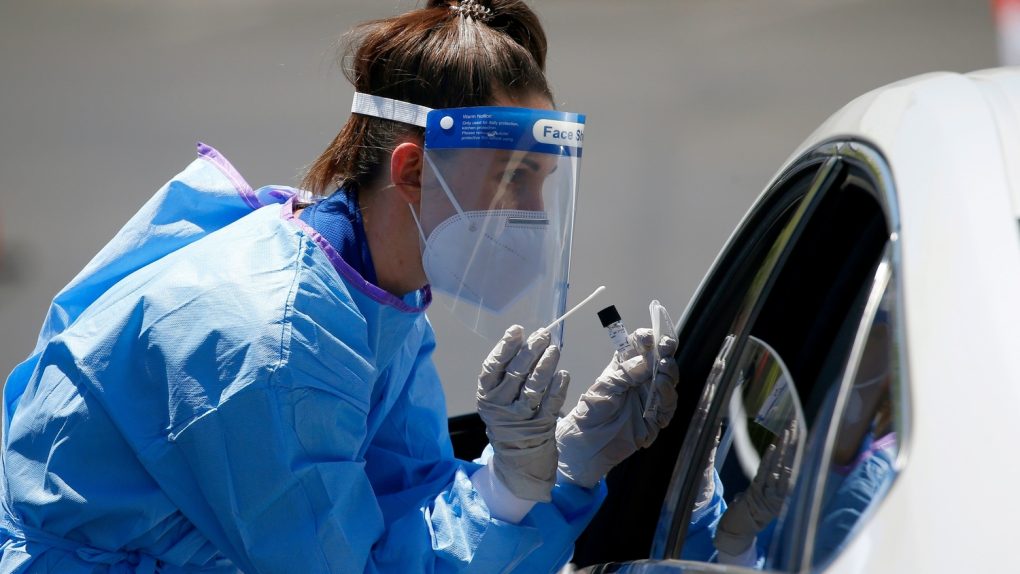- The map of the novel coronavirus pandemic has seen another large shift, with Brazil becoming the new COVID-19 epicenter.
- The virus hasn’t lost its strength, and it’s not less contagious than before even in countries that managed to flatten the curve.
- But the World Health Organization also explained this week that the pathogen’s mutations didn’t make it more dangerous either, which is fantastic news for COVID-19 vaccine development.
The research looks quite promising for both new drugs meant to improve COVID-19 therapies and vaccine candidates that can provide some protection against infection. And all of that is on top of the promising research into of existing drugs that have been repurposed to fight off the novel coronavirus. Experts on infectious diseases, including Dr. Anthony Fauci and World Health Organization (WHO) officials, warned us that COVID-19 might never go away, and it could become endemic. But if all these drugs can lead to new treatment protocols that can prevent complications with most patients, the disease will be a lot easier to live with than it is right now.
Several research teams are monitoring the virus for mutations, which could hinder drug development, and we’ve already heard a few times that SARS-CoV-2 hasn’t evolved into a more dangerous germ. If anything, some of the mutations it has suffered hurt the virus. However, the novel coronavirus isn’t less deadly than it was before. If anything, it’s just as dangerous, and you can still be infected with ease. WHO tacked both these matters this week, with officials addressing recent claims that the virus may have changed.
WHO director of the Health Emergencies Programme Michael Ryan said on Monday during an online news conference that “we need to be exceptionally careful not to create a sense that all of a sudden the virus by its own volition has now decided to be less pathogenic. That is not the case at all.”
The remark came in response to the mind-boggling comments of an Italian physician who said the coronavirus “clinically no longer exists in Italy,” when that’s obviously not the case. Dr. Alberto Zangrillo talked to The Washington Post after his remarks on an Italian television circled the world, and maintained his opinion. Something different may happen “in the interaction between the virus and the human airway receptors,” he said. “We cannot demonstrate that the virus has mutated, but we cannot ignore that our clinical findings have dramatically improved.”
In reality, there’s likely less virus in circulation in the region, and people might be exposed to lower doses. Also of note, University of Pittsburgh School of Medicine infectious disease expert Vaughn Cooper told The Post that SARS-CoV-2 mutates slowly compared to the flu.
“I believe it’s safe to say that the differences that doctors are reporting in Italy are entirely due to changes to medical treatment and in human behavior, which limit transmission and numbers of new infections initiated by large inocula — a larger dose of virus appears to be worse — rather than changes in the virus itself,” he said.
Other experts agree that the virus can’t be slowing down, even though local epidemics might evolve differently. The map of the coronavirus pandemic is regularly changing. China was the initial epicenter of the disease and then COVID-19 attacked Europe and the United States. Italy has been facing the virus for months and has flattened the curve at the cost of tens of thousands of lives. Just as COVID-19 is slowing in some European regions, countries like Brazil and Russia have seen an increased number of COVID-19 cases.
WHO infectious disease epidemiologist Dr. Maria Van Kerkhove tackled the mutations of the virus in a different press briefing, this time making it clear that the virus isn’t undergoing any mutations that would make it more dangerous or lethal. “There are normal changes in this virus that one would expect over time,” she said, per NY Post. “None of these changes so far indicate that the virus itself is changing in terms of its ability to transmit or to cause more severe disease.”
She also warned that people need to keep their guard up. Lockdown fatigue and the relaxing of social hygiene could be significant threats. “People grow tired. It’s very difficult to keep up all of these measures, and we must remain strong and vigilant — to have government fully engaged and people fully engaged as these lockdowns are listed,” she added. “That has to be done in a slow way.”
The expert warned there may be situations where officials need to reinstate more severe social distancing measures to prevent outbreaks from getting out of control.








